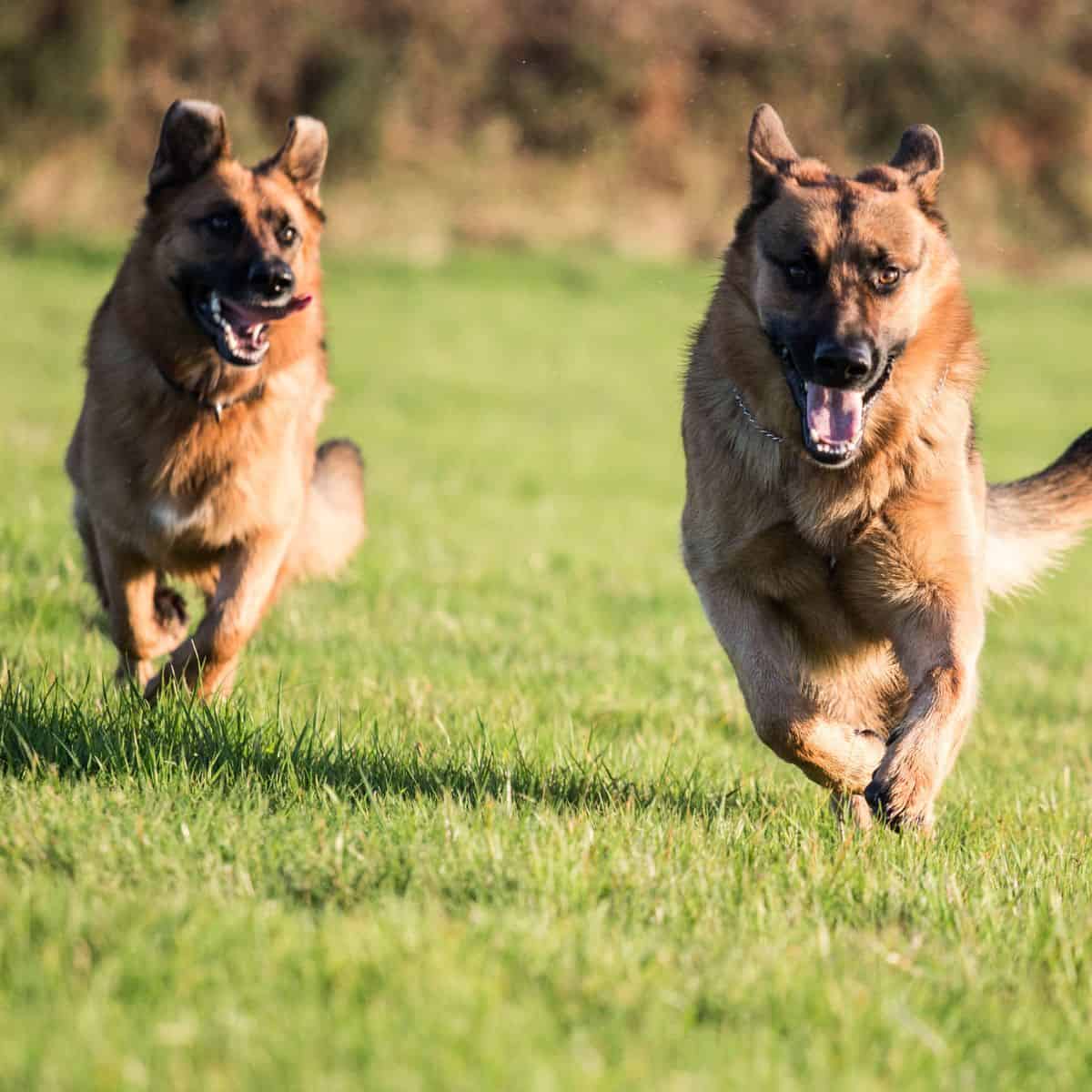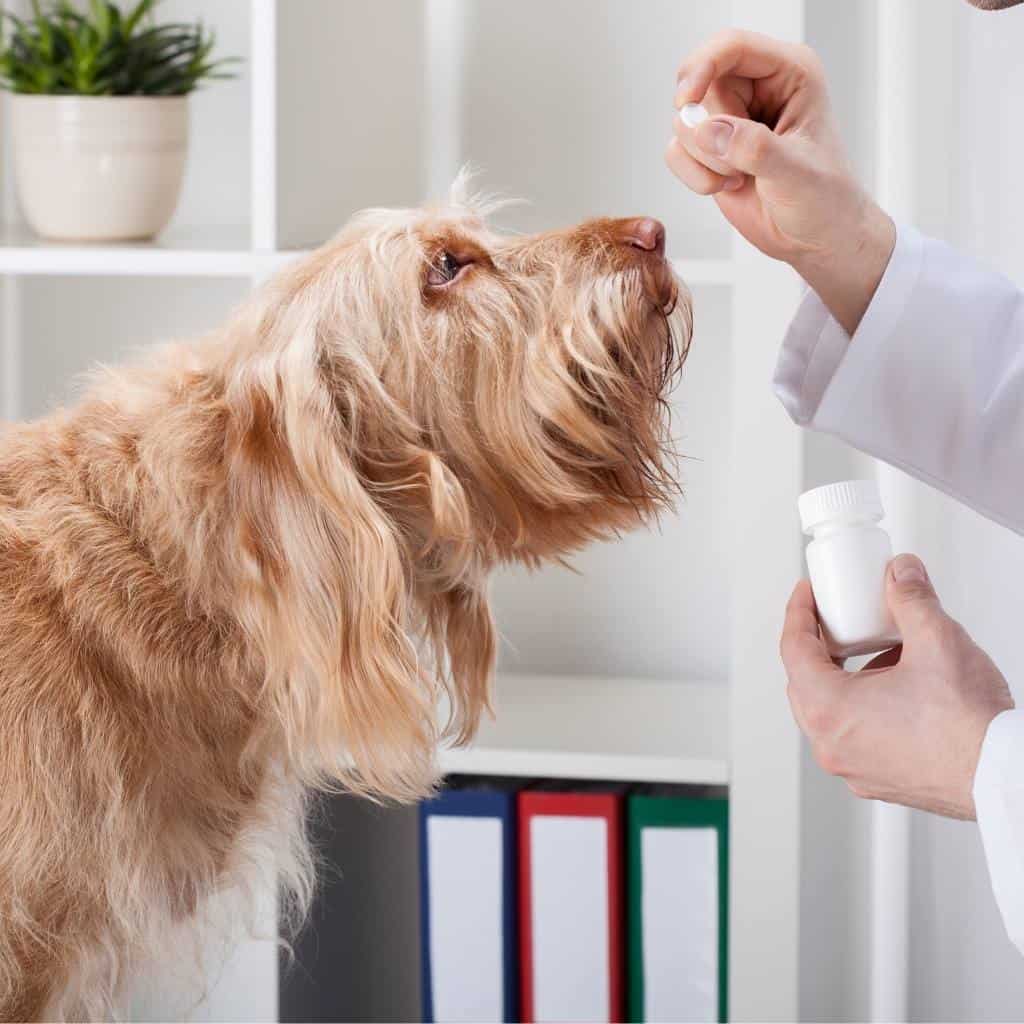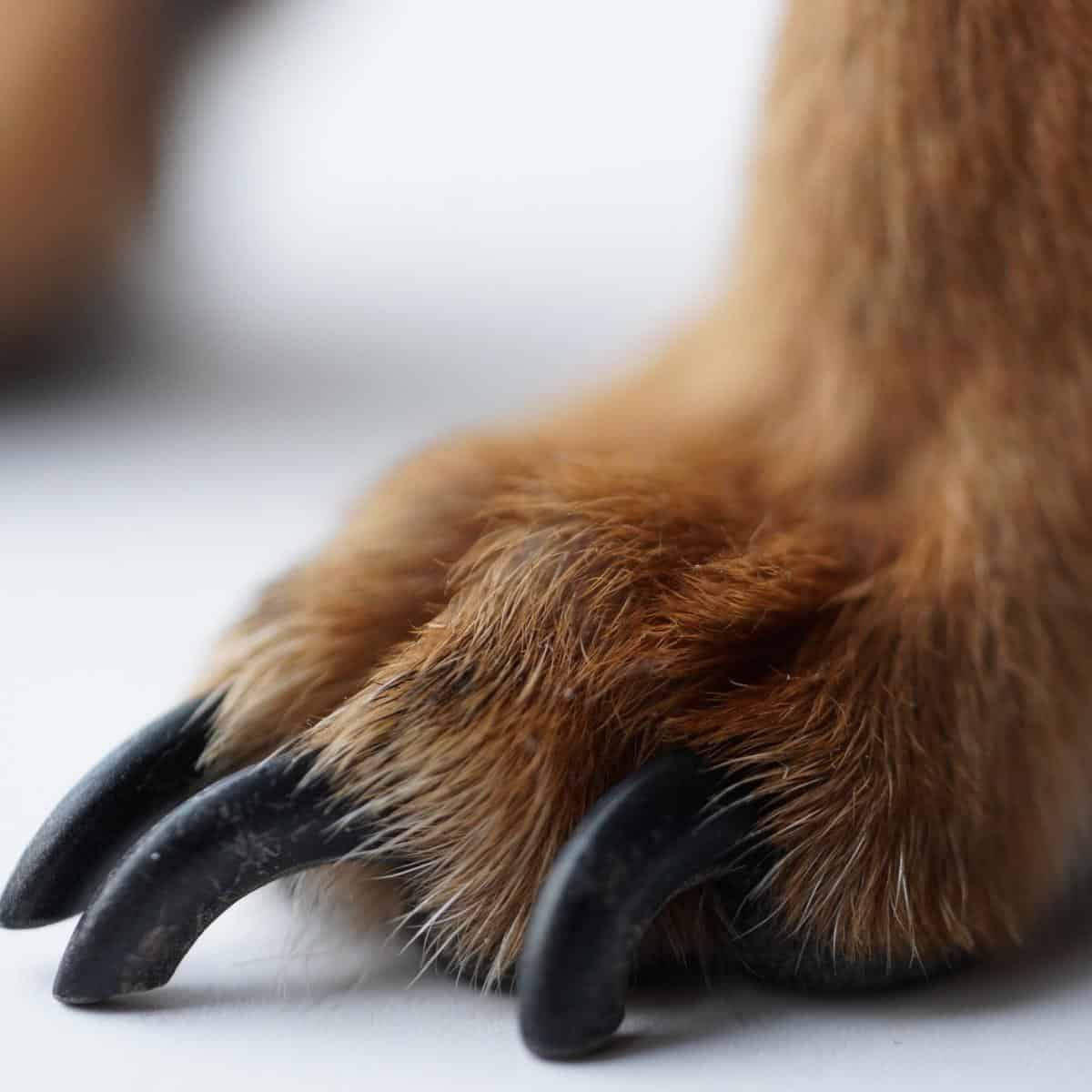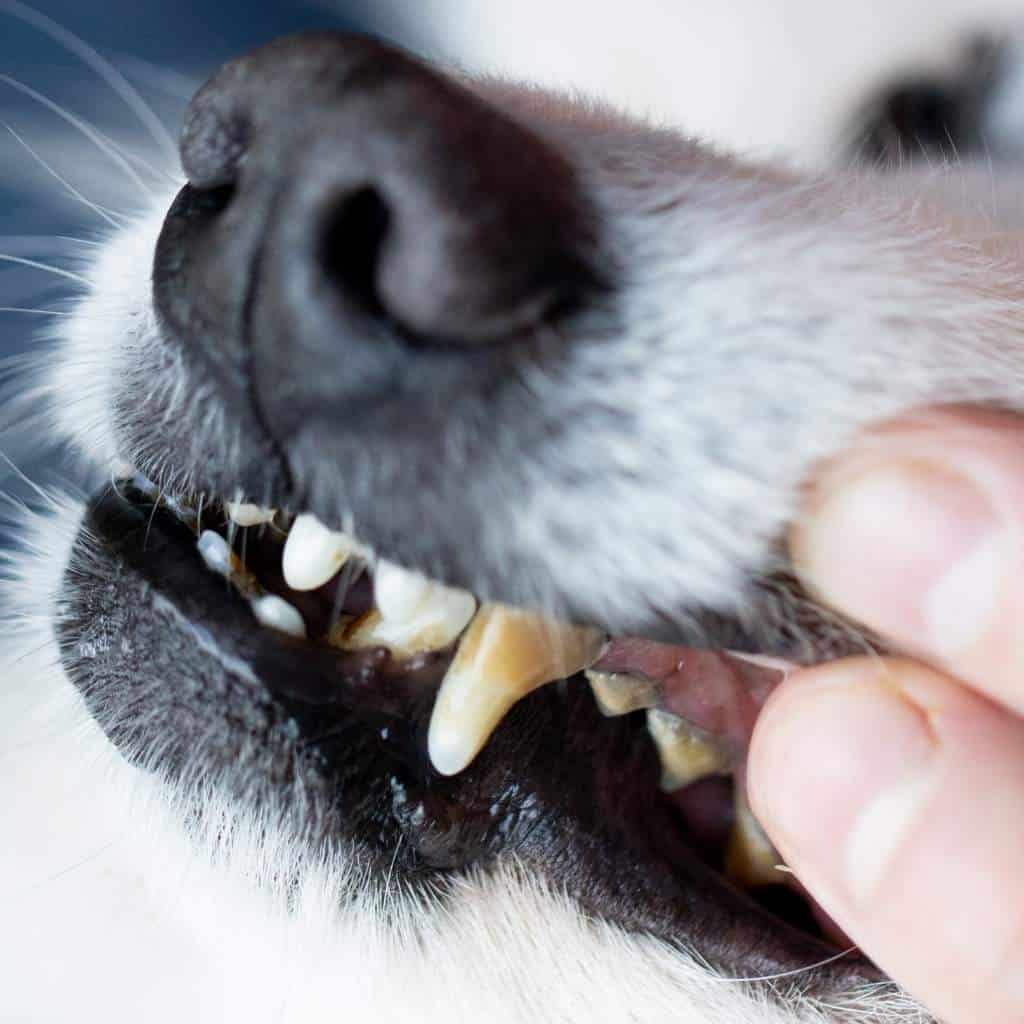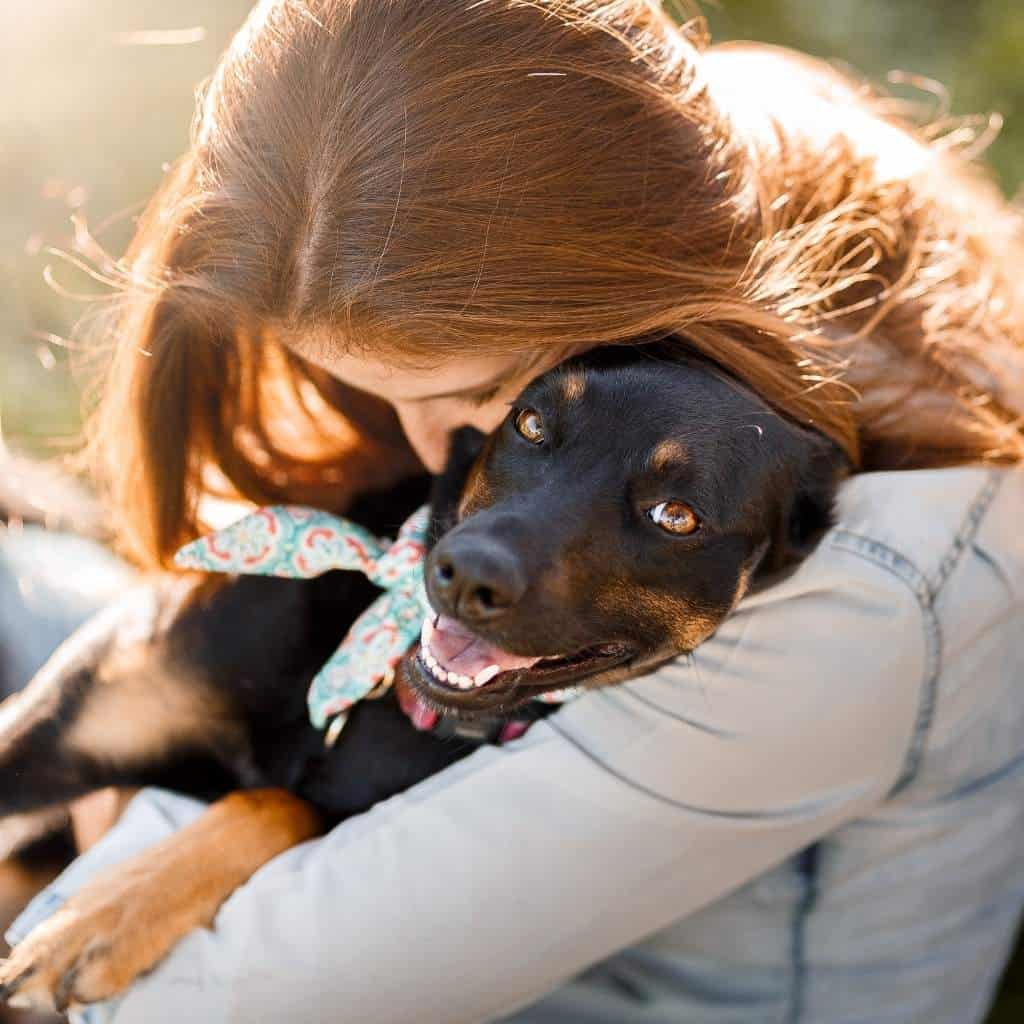Dog Tracheobronchitis: AKA Your Guide to Kennel Cough
For those that work or have dogs in shelters, daycares, boarding facilities, and other areas where lots of dogs get together, hearing the dreaded harsh cough can be alarming, but not surprising.
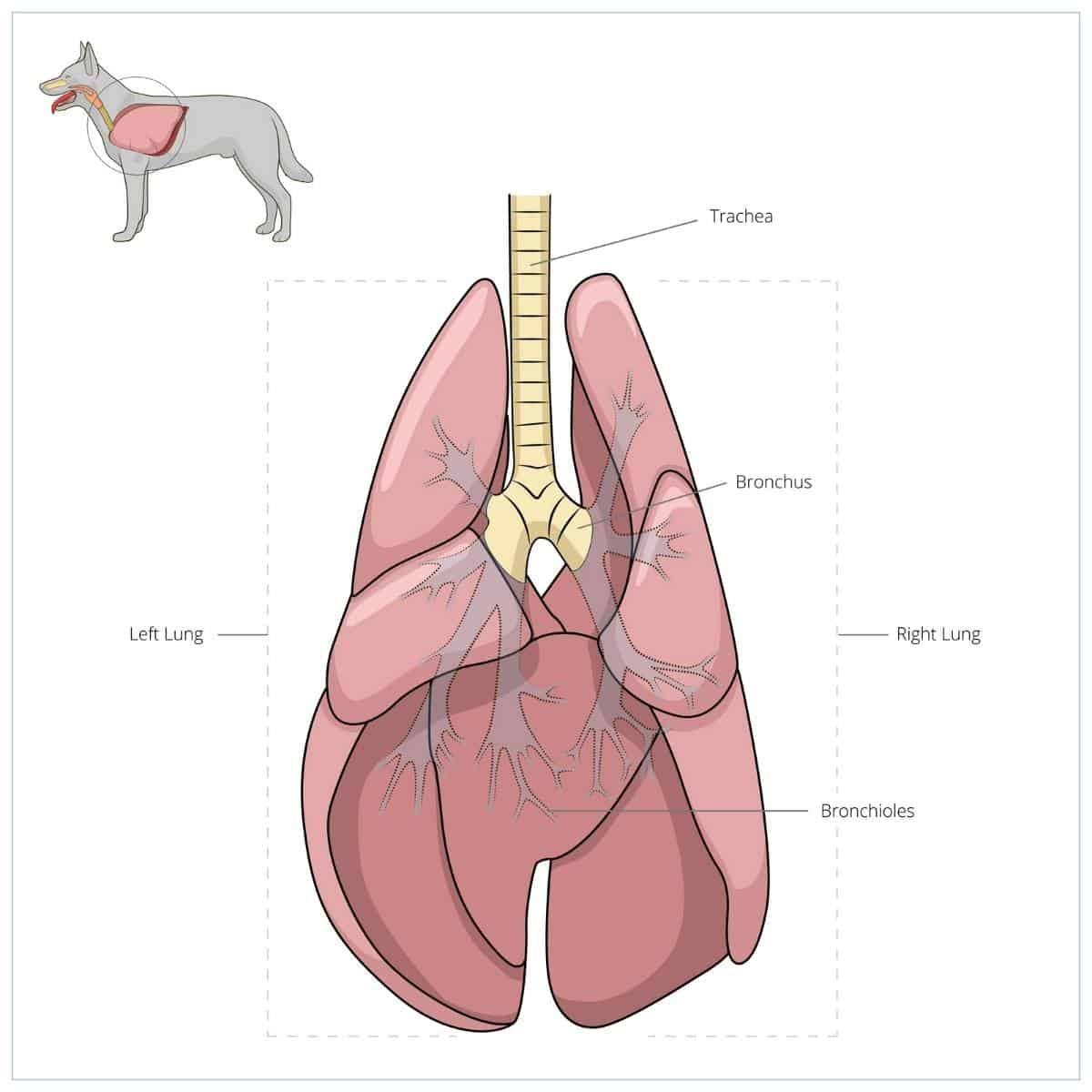
Infectious Tracheobronchitis, also known as kennel cough, is one of the most prevalent infectious diseases in dogs. Luckily, the condition is also usually mild, clearing up in only one or two weeks.
If you think your dog has kennel cough, read on to learn more about what the disease is, how your dog may get it, and some potential remedies.
What Is Kennel Cough in Dogs?
Kennel cough, also known as Infectious Tracheobronchitis, is a contagious upper respiratory disease. There are a variety of viruses and bacteria that can cause this disease, but it’s characterized by an infection in the trachea (windpipe) and bronchial tubes.
Because of its contagious nature, it’s often seen in areas where dogs congregate like kennels, which is where it gets the name.
Is Kennel Cough and Tracheobronchitis the Same Thing?
Tracheobronchitis is an umbrella term for sudden or long-term inflammation of the trachea and bronchial airways in your dog. Kennel cough is a specific type of tracheobronchitis known as Infectious Tracheobronchitis, typically caused by a viral or bacterial infection.
There are many other types of tracheobronchitis, including chronic bronchitis (COPD), a disease often seen in older dogs and smaller dog breeds. This condition is defined as a cough that persists for 2 months of more and it not related to any other health condition. The bronchial tubes
Other causes of tracheobronchitis and chronic bronchitis include chronic coughing related to other systemic diseases, exposure to fumes such as smoke and chemicals, parasites, allergens (allergenic bronchitis), dental disease, and diseases that affect the mouth and pharynx.
How Do Dogs Get Kennel Cough?
Kennel cough (infectious tracheobronchitis) can be caused by many different bacterial and viral infections, sometimes at the same time.
One of the most common causes is Bordetella Bronchiseptica, a bacterium that also leads to the Bordetella infection. Other common causes of kennel cough include:
- Canine parainfluenza
- Mycoplasma
- Canine adenovirus-2
- Canine distemper
Many factors can also make a dog more susceptible to catching kennel cough. Your dog’s environment, stress levels, temperature, and dust and smoke exposure can all increase the likelihood that they contract the disease.
In many cases, kennel cough is passed quickly from dog to dog in crowded environments. It can be spread through the air, through direct contact, or through contaminated surfaces like sharing water or food bowls.
Kennel Cough Signs and Symptoms
The most common sign of kennel cough is a harsh, dry cough, typically followed by retching or gagging. Your dog may frequently sound like they’re coughing something up, but they never do.
Other common clinical signs include:
- Runny eyes and nose
- Swollen tonsils
- Wheezing
- Tracheal sensitivity
- Lack of appetite
- Depressed behavior
These symptoms can persist for 10-20 days, though the cough usually diminishes during the first 5 days.
Natural Remedies for Kennel Cough
Because kennel cough is a respiratory infection, similar to a human’s common cold, for mild cases, treatment is typically focused on supporting the dog’s health with rest, nutrition, and hydration.
For mild cases, there are also a few at-home, natural remedies that you can try to ease your dog’s symptoms. You can also use these methods for other cases of tracheobronchitis outside of kennel cough.
1. Honey and Warm Water
Mixing a ½ tablespoon to 1 tablespoon of honey into warm water in a bowl can help make your dog’s throat feel better and ease the coughing. You can give this mixture to your pup 2-3 times a day.
Puppies less than a year old should not have any honey! They could get botulism and make them even sicker.
2. A Humidifier
Dry air can further irritate your dog’s respiratory tract. A humidifier helps to add moisture to the air near your dog, which can soothe the irritation in the airways. Place a humidifier near your dog while they’re resting to help ease their discomfort.
3. Steam Therapy
If you don’t have a humidifier, steam therapy can also work well to soothe the irritation in your dog’s respiratory system.
Turn on the hot water in the bath, bring your dog into the bathroom, and close the door. Don’t put them into the bathtub but let them stay in there as the steam builds up.
4. Cinnamon
Cinnamon has natural antiviral properties that can help fight against your dog’s infection. You can add about a ½ teaspoon into your dog’s food every day until their cough is gone. Because of its fragrance, it may also encourage your dog to eat more despite their loss of appetite.
5. Antioxidants
Adding natural antioxidants to your dog’s diet such as fruits like pineapple, papaya, and plantains can help to boost their immune system and encourage it to combat the virus.
You can use holistic antioxidant supplements, or you can choose snacks that naturally pack a punch, like blueberries, steamed broccoli, and sweet potatoes.

Kennel Cough Prevention
The best suggestion to prevent kennel cough is through vaccination. There are vaccines available to help prevent many of the common causes of kennel cough, including Bordetella Bronchiseptica, adenovirus, and parainfluenza.
Keep up-to-date with all of your dog’s booster shots, especially if your dog frequents daycares or boarding facilities, and talk to your vet about the best vaccination plan for your dog.
You should also choose the facilities that you take your dog to wisely. Kennel cough can happen anywhere, but it’s more likely at facilities with poor ventilation and fewer safety measures.
Look for daycares, groomers, and boarding facilities that require dogs to be up-to-date on their shots, have a good air filtration system, provide a clean environment for the dogs, and take extra precautions to isolate potentially sick dogs from the group.
Treatments for Tracheobronchitis in Dogs
Most likely your vet will prescribe some form of antibiotics. Steroids and cough suppressants may also be recommended. It’s important to not treat your pup yourself until you get a proper diagnosis. This means do not administer Mucinex, even though some varieties are safe for dogs. Until you know exactly what the condition is, over-the-counter medicines will only mask the symptoms.
Common FAQs About Canine Kennel Cough
Is Kennel Cough Contagious to Humans?
In most cases, kennel cough is not contagious to humans. However, because kennel cough has a variety of causes, leading to many strands and mutations of the infection, some can affect humans.
Bordetella, a common cause of kennel cough, is contagious to humans but is only contracted by those with extremely weakened immune systems. That means that babies, pregnant women, the elderly, and those with compromised immune systems are the most at risk.
Can Kennel Cough Kill a Dog?
Kennel cough itself is not typically dangerous. In most cases, it requires no medical treatment and clears up on its own with rest and hydration after a couple of weeks.
In rare cases, for puppies, senior dogs, and those with preexisting conditions, their kennel cough could develop into pneumonia, which is a more life-threatening condition.
How Long Is Kennel Cough Contagious?
Kennel cough is typically contagious for 10-14 days, but that timeframe may be shortened if your dog is taking antibiotics to treat a bacterial infection.
Does Your Dog Have Kennel Cough?
Kennel cough, or Infectious Tracheobronchitis, is a fairly common disease for dogs to catch, and its highly contagious nature makes it easy to spread in many popular pup places like daycares, dog parks, and boarding facilities.
Luckily, if your pup does contract kennel cough, they will most likely be fine in a couple of weeks with enough rest, hydration, and good nutrition.
